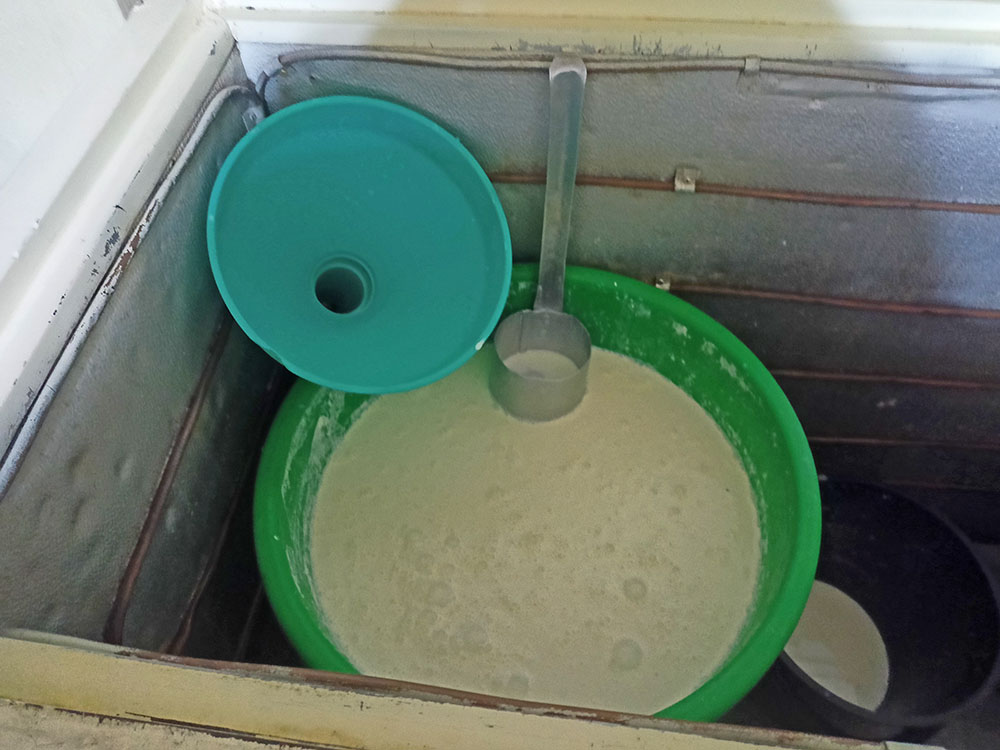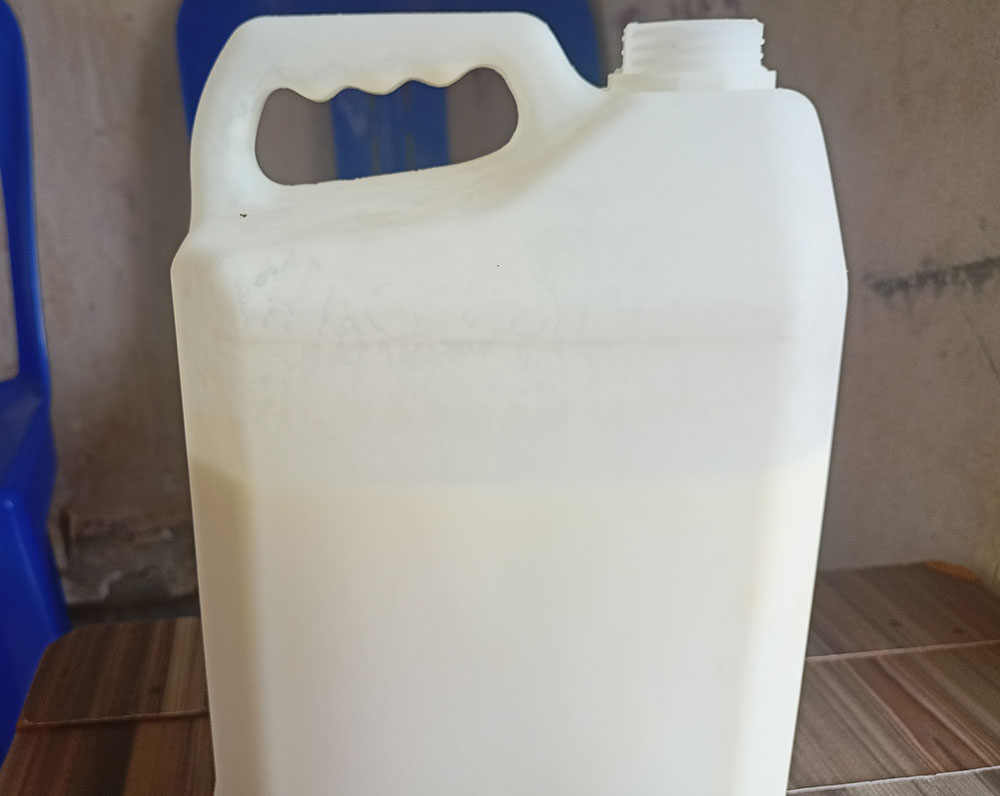What is bongo?
Bongo or sour milk (also known as amakamo among the Banyankore) is traditionally fermented milk, slightly lighter than yoghurt.
Bongo, according to Diana Mukunzi a nutritionist at Rhona Clinic in Kansanga, Kampala, says although it is primarily consumed among cattle-rearing communities in Uganda, its consumption is spreading to other communities as well. It is a popular beverage in western and central Uganda.

How to make bongo
- Boil the fresh milk
- Place it in an open container to cool down to room temperature
- Sieve to remove sold dirt/particles in your bongo
- Keep it in a warm washed clean jerrycan for two-three days and your bongo is ready for consumption.
Health benefits of taking bongo
Fermentation of milk increases the digestibility of nutrients, nutritive value and makes nutrients more available for intestinal absorption.
Ulcers
Maintain the natural balance of good bacterial in the digestive tract helps to fight off the bad bacteria, thus preventing ulcers. The good bacteria in fermented milk keeps the good bacteria.
Weight management and mental health
“Bongo is believed to reduce tumor growth by stimulating one’s immune system. It helps to keep blood pressure low since it helps in weight management and is said to promote bone health,” Mukunzi says.






